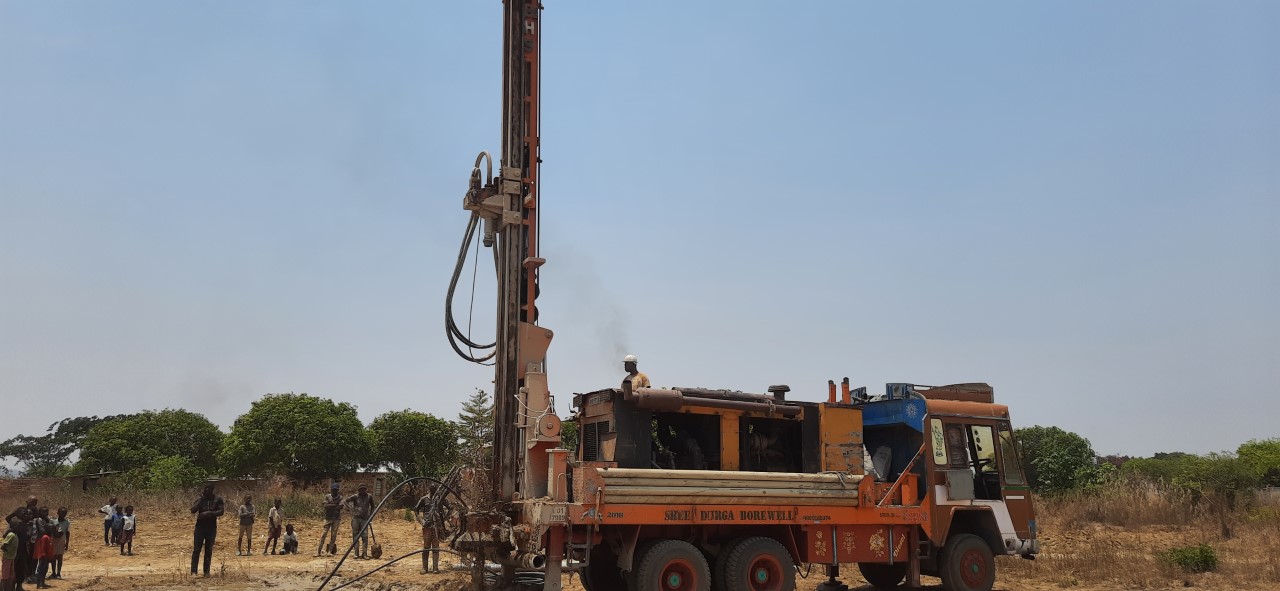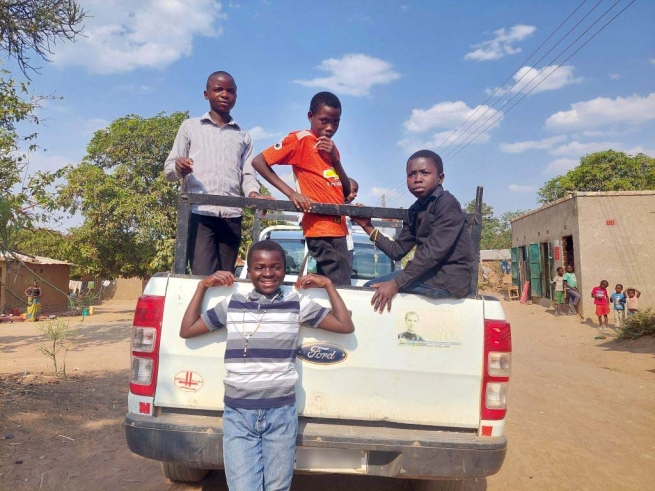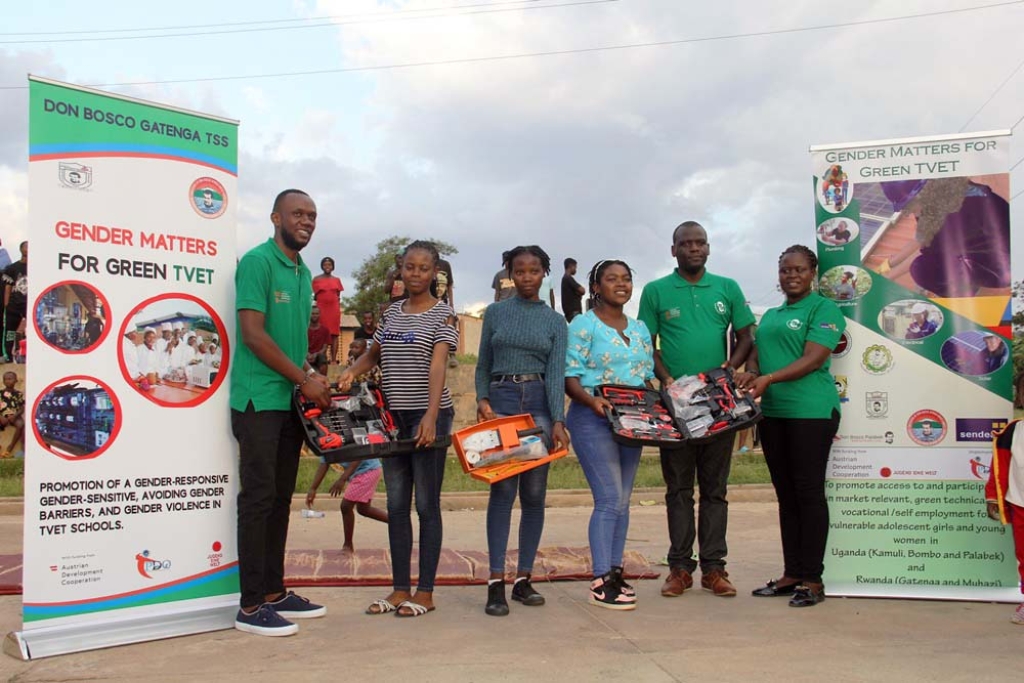SWAZILAND: Salesian Missions coordinates donation of new shoes from Academy of St. James in Totowa, N.J.
(MissionNewswire) Salesian Missions, the U.S. development arm of the Salesians of Don Bosco based out of New Rochelle, N.Y., will be sending new shoes to youth in the Salesian-run Manzini Youth Care Center thanks to an annual shoe drive held at the Academy of St. James in Totowa, N.J.
Salesian Missions has supported this shoe drive since its launch in 2015. Roberto Callegari, who was a third-grade student at the Academy of St. James back in 2015, came up with the idea to send shoes to Africa. With the support of his father Orlando Callegari and the Academy of St. James School, he was able to launch this program, now in its fourth year.
This year, 79 pairs of new shoes from the shoe drive will be sent to the Manzini Youth Care Center. The shipment to Swaziland also contains 20 pallets of rice-soy meals from Rise Against Hunger, more than 75 pairs of second-hand shoes donated by Swazi Legacy, liturgical items, Pedia-sure, fabric, soccer balls, school supplies and second-hand soccer cleats and clothing.
“We were happy to once again support the Shoe Drive for Africa and be able to provide youth in the Manzini Youth Care Center new shoes,” says Father Mark Hyde, director of Salesian Missions. “For youth in our program, their families cannot afford new shoes for their children. This is a great opportunity for youth here to pay it forward to children who are in need in Africa.”
Manzini Youth Care provides services to marginalized youth including free primary school for children who have dropped out of school due to poverty, two vocational training centers for older youth, residential care for former street children and a drop-in school for street children when they first come in off the streets. Manzini Youth Care also serves the communities surrounding the city of Manzini to help residents improve their living standards, sanitation and food security.
Swaziland is a landlocked nation almost entirely contained within the northeast corner of South Africa. The country faces numerous challenges including poverty, chronic food insecurity, HIV/AIDS and a climate that is often unpredictable. With a population of 1.1 million people, 52 percent of whom are under the age of 20, Swaziland ranks 148 out of 188 in the 2016 Human Development Index.
According to the World Food Programme, nearly 25 percent of Swaziland’s children suffer from stunted growth as a result of malnutrition. With 63 percent of the country’s population living below the poverty line, the risk of food insecurity is high. Swaziland also has elevated rates of unemployment and income inequality.
Few farmers in the country own agricultural machinery such as tractors or ploughs and as a result, must rely on manual labor and traditional farming methods that require them to spend long hours in the fields producing very little food. Unable to produce enough food to support its population, Swaziland residents are vulnerable to fluctuating food prices from food imports.
###
Sources:
World Food Programme – Swaziland




